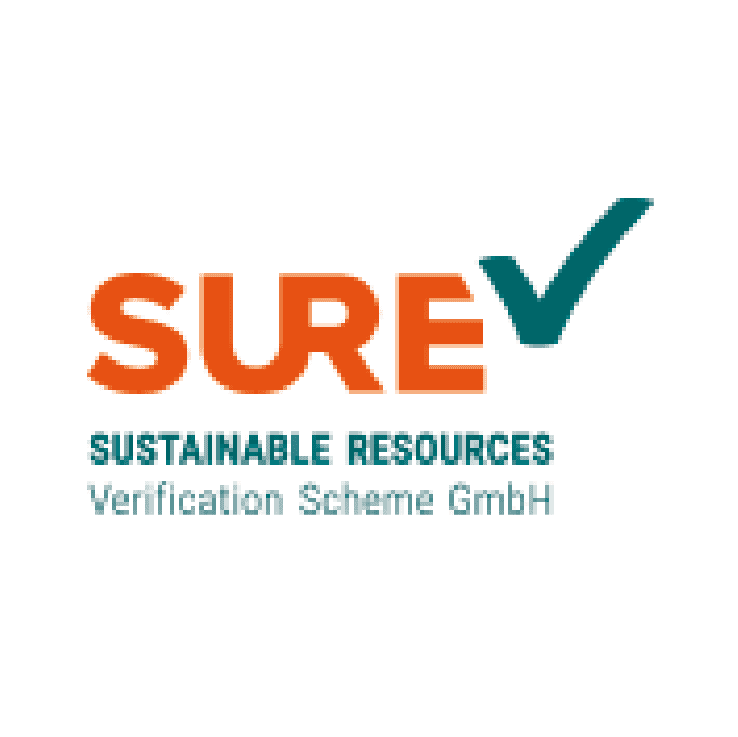Select Sidearea
Populate the sidearea with useful widgets. It’s simple to add images, categories, latest post, social media icon links, tag clouds, and more.
hello@youremail.com
+1234567890
+1234567890
Populate the sidearea with useful widgets. It’s simple to add images, categories, latest post, social media icon links, tag clouds, and more.



Check out the option for sponsorship and reach out to your audience.

Bioenergy Europe has been a stable companion of bioenergy’s largest stakeholders for the last 32 years, across all value chains and technologies. Today, Bioenergy Europe is capable of offering a wide range of services and unparallelled advantages to its members.

Represents the interests of the wood pellet sector to ensure its sustainable developement.

The world-leading, transparent and independent certification scheme for wood pellets.

enSURE Compliance with RED II Sustainability Requirements for the Production of Electricity, Heating and Cooling from Biomass.
